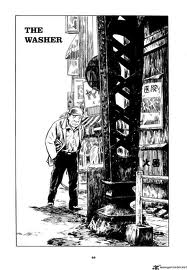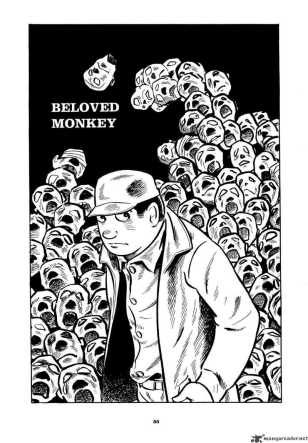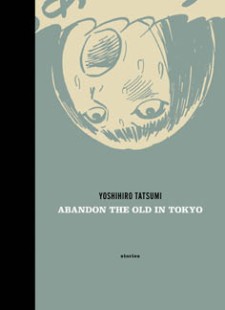I said the last time that I stopped blogging for a while that it wouldn’t happen again. But it did. Sorry guys. Here’s a short one though on the next two parts of Abandon the Old in Tokyo. Really losing interest in this collection now, but only one more to go. Think I might post an update on my reading list in the coming days, so that will be something.
Unpaid:
The main character in this story is an ageing man who’s company has recently gone under as a result of poor dealings. He losses everything he has as a result of his company’s collapse. His wife leaves no longer loves him because he can’t provide for her and debt collectors start paying him visits looking for the money he owes. With nothing of his former self remaining the main even losses touch with his humanity and by the end of the story has sex with a dog. Yes, I just said that, this story has a man who has sex with a dog. On that note, I think I will just move on.
The Hole:
In this story a man finds himself lost in the woods when he stubbles upon a woman living in a cottage. He asks the woman for directions out of the woods, but is tricked and becomes trapped in a hole and held as a hostage by the woman. She tells him that she will release him if he loves her, but he is unable to prove that he loves her and he remains trapped. Eventually the man’s wife comes looking for him and meet the woman. She discovers what has happened to her husband, and tells him that she will help him escape, if he doesn’t divorce him. He agrees he won’t, but the wife doesn’t believe and abandons him to die in the hole. Now once again, Tatsumi doesn’t portray women in the greatest of light, however, he also addresses issues of women feeling they need to change themselves for men. All in all, neither gender really wins out in this story.
I feel that I’m not really giving this collection the recognition that it deserves. They are really poetic and thought provoking short stories. They just aren’t really my cup of tea. I also don’t care for some of the themes that flow through the stories and this is making me lose a bit of focus on what the message is. Overall, Yoshiro Tatsumi’s story’s are just too cynical for my liking.
Turtle



